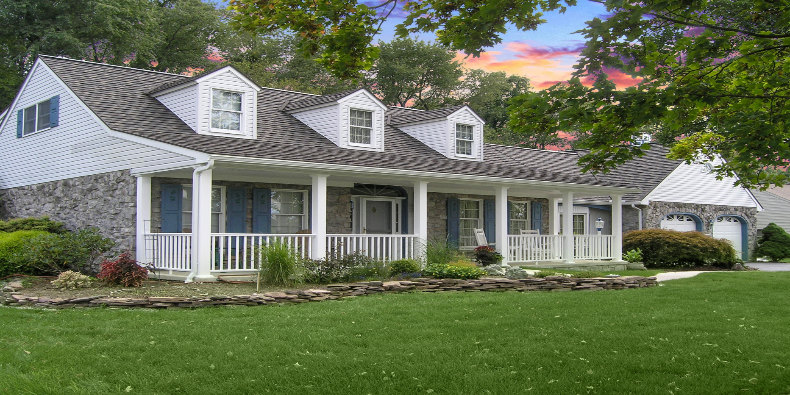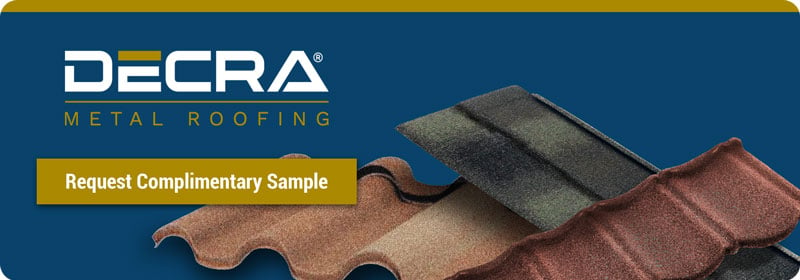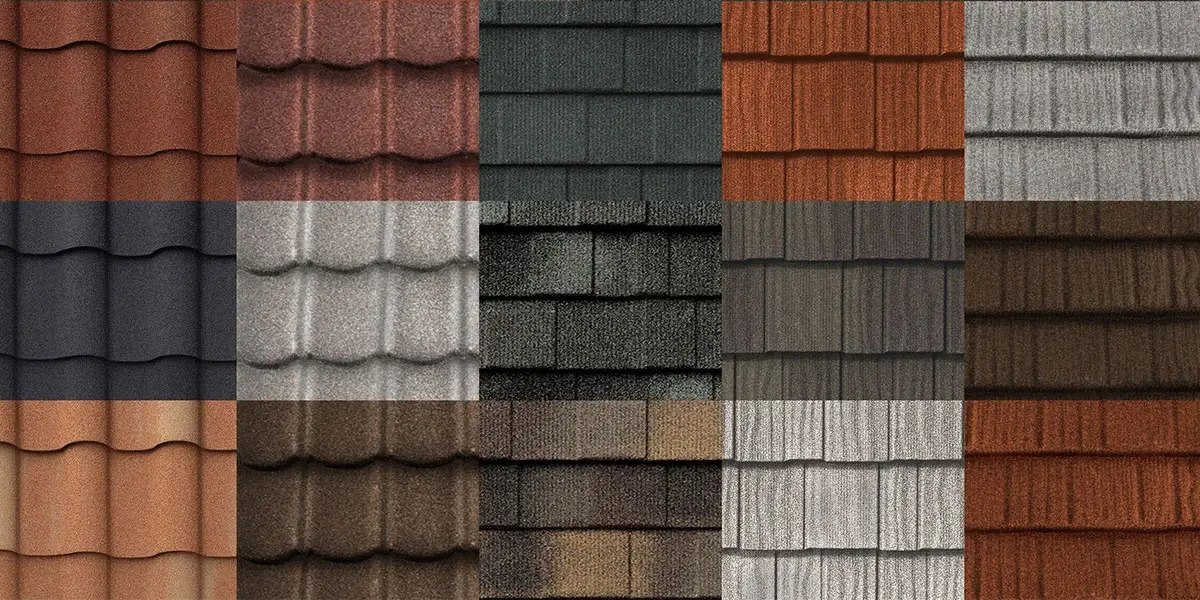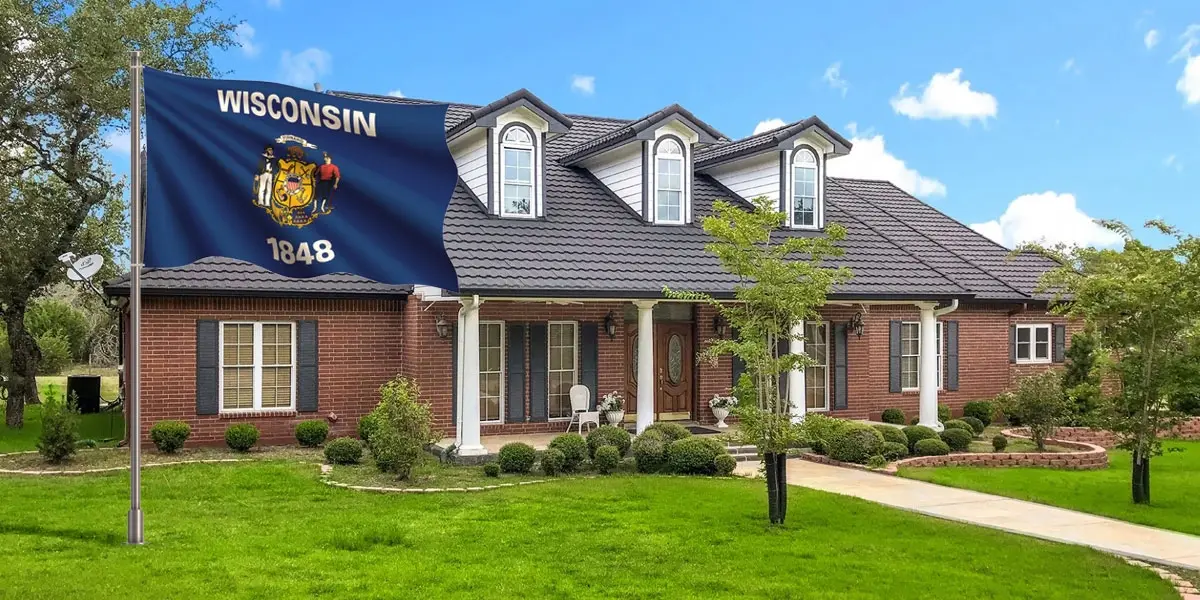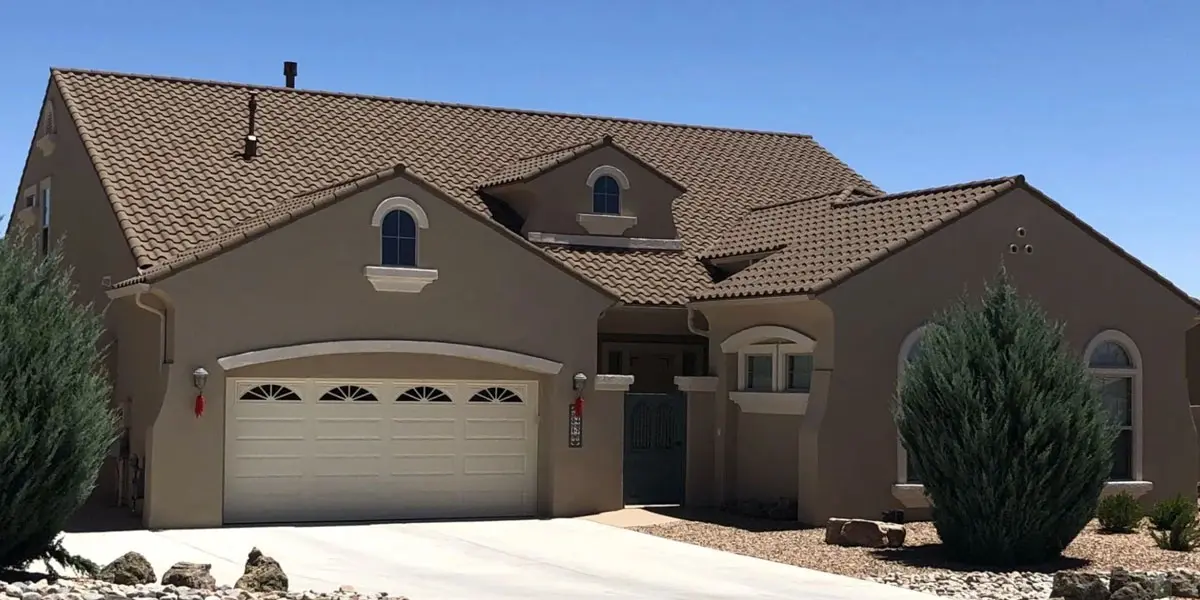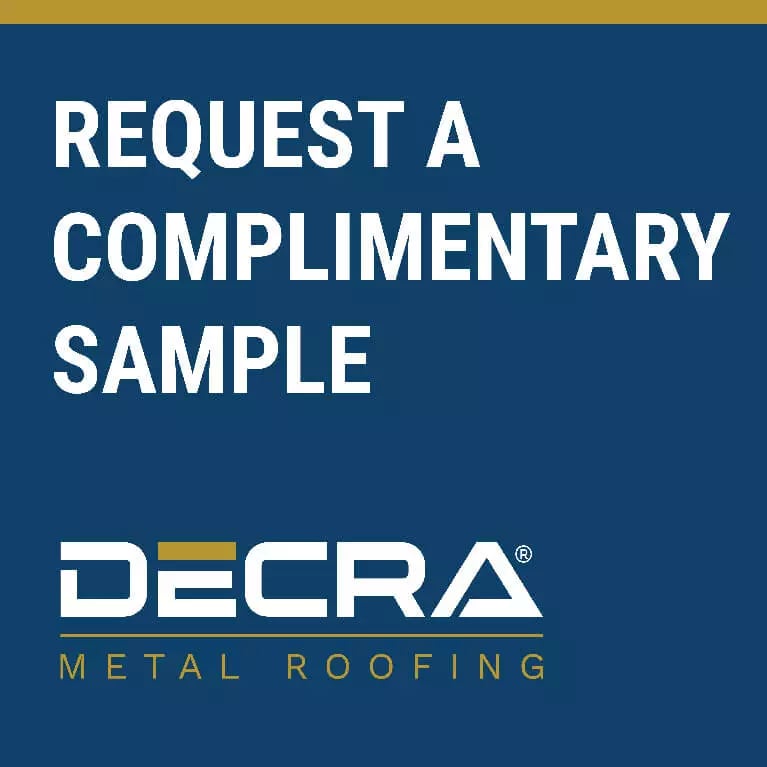Choosing the right roofing material for your home can feel overwhelming with so many options available. One choice that’s gaining popularity is metal shingle roofing, known for its longevity, durability, and efficiency. But what exactly is a metal shingle roof, and how does it compare to traditional asphalt shingles?
In this article, we’ll cover:
- What is a metal shingle roof?
- How metal shingles differ from asphalt shingles.
- Why metal shingle roofs are growing in popularity.
Before we dive into the specifics of metal shingle roofs, it’s important to first understand what "roofing shingles" mean. Historically, roofing shingles referred to wood shingles installed in overlapping patterns, particularly in regions like Central and Eastern Europe, where wood roofs are part of the traditional architecture.
Today, "roofing shingle" applies to a wide variety of materials, including asphalt, metal, wood, clay, and slate. In the U.S., asphalt shingles are the most common and are installed from the bottom of the roof up. Outside of the U.S., terracotta or slate tiles are more common and are placed in overlapping rows, a style known as tile shingle roofing.
As you can see, the term "roofing shingles" is broad, covering various materials that follow similar installation methods on sloped roofs. Now that we’ve cleared that up, let’s take a closer look at metal shingle roofing and how it compares to asphalt shingles.
What is a Metal Shingle Roof?
A metal shingle roof is a type of roofing material that replicates the appearance of traditional asphalt shingles, but is constructed from high-quality metal, such as steel.
It’s worth noting that while there are several types of metal roofs, not all are created equal. Although metal roofing has been used in industrial settings for centuries, it didn’t gain widespread acceptance in the residential market until the introduction of stone-coated metal roofing in 1957.
During the manufacturing process, the steel sheets are “stamped” into roofing panels and then coated with stone granules. The result is a roof that mimics the texture and dimension of traditional asphalt shingles but without the typical drawbacks, such as cracking or warping.
For example, metal shingle roofing products, such as DECRA Shingle XD, look extremely similar to asphalt shingle roofing products but come with the durability and longevity that only metal can provide.
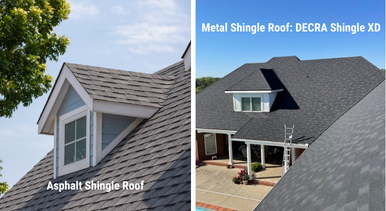
The Difference Between Metal Shingles and Asphalt Shingles
Let’s explore some of the key differences between these two roofing materials.
Longevity
One of the primary advantages of metal is its longevity. Metal shingle roofs can last 40 to 70 years. Asphalt shingle roofs, on the other hand, generally have a shorter lifespan of 12 to 20 years. The extended life of metal shingles means fewer replacements, saving homeowners both time and money in the long run.
Durability
When it comes to durability, metal shingles outperform asphalt shingles, especially in extreme weather conditions.
- Wind: After strong winds, have you ever noticed missing shingles on a roof? Asphalt shingles are particularly susceptible to wind uplift, often curling or cupping around the edges. Metal is an inherently durable material and can withstand hurricane-force winds and wind-driven debris without cracking, breaking, or dislodging.
- Hail: Metal roofs are highly impact-resistant, standing up to large hailstones without the cracking or puncturing that commonly affects asphalt shingles.
- Snow and Ice: As a porous material, asphalt shingles crack and warp after repeated freeze-thaw cycles. A metal roof, on the other hand, is non-porous and impervious to both snow and water.
- Fire: Asphalt is a petroleum-based product, and petroleum is highly flammable. Non-combustible roofing materials, such as metal shingles, inherently resist ignition and do not contribute to the spread of fire, providing superior protection.
Energy Efficiency
An energy-efficient roof excels in three key areas: reflectivity, thermal emittance, and ventilation. Reflectivity refers to the roof’s ability to reflect heat, while thermal emittance and emissivity measure how well the roof cools down by releasing absorbed heat. Ventilation ensures that hot air escapes, allowing cooler air to flow in.
Metal roofing performs exceptionally well in all three categories. In fact, metal is one of the most energy efficient roofing materials and can reduce cooling costs by as much as 40%.
Asphalt shingles—while reflective—tend to absorb heat, and because they’re installed directly on the underlying plywood without any airspace, they lack proper ventilation.
Why Metal Shingles are Growing in Popularity
Homeowners today are increasingly focused on longevity, durability, and efficiency when selecting roofing materials, which has led to a rise in the popularity of metal shingles. While metal shingle roofs come with a higher upfront cost compared to asphalt shingles, their long lifespan allows homeowners to recover much of that investment over time through lower maintenance and replacement costs. In fact, homeowners can typically recoup between 85.9% and 95.5% of the cost of a new metal roof.
Sustainability is another major factor driving the appeal of metal roofing. Unlike asphalt shingles, which contribute 11 million tons of landfill waste annually, metal roofs are 100% recyclable at the end of their life cycle, providing an environmentally-friendly option for homeowners.
Metal Shingle Roofing by DECRA Metal Roofing
For homeowners who want a roof that lasts, protects, and adds value to their home, a DECRA Metal Roof is a smart investment.
As the original stone-coated metal roofing manufacturer, DECRA Metal Roofing products have withstood the test of time since 1957. Manufactured at our facility in Corona, California, all of our products are backed by a warranty for winds up to 120 mph and hail penetration up to 2.5” in diameter.
Ready to see and feel the DECRA difference? Request a complimentary sample today.
Editor's Note: This blog was originally published in November 2021, but has been updated with relevant information.

